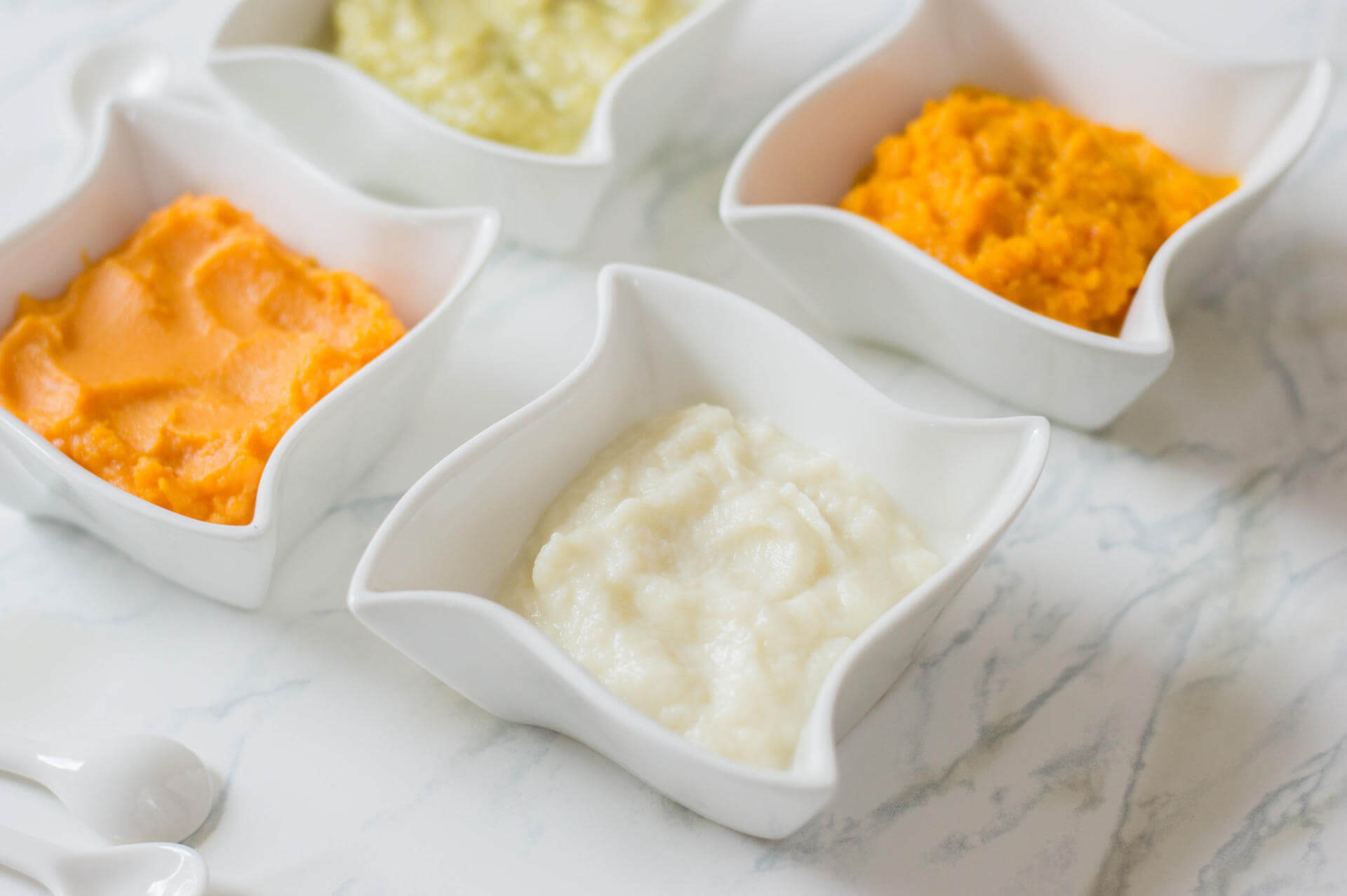What Do Doctors Mean By A “Soft Food Diet” ?

Many of us have been there before; when a doctor tells you to stick to soft food for the next few days. You might ask yourself does that mean baby food? Smoothies? What exactly are you supposed to eat? What we are suggesting can have more substance than just blended peas and beef.
A soft food diet consists of foods that are easy to chew and gentle on your stomach. Doctors usually recommend it short-term after surgery or certain medical procedures.
Some of the most common reason that a soft food diet may be suggested include:
Dental Work
If you recently had a tooth extraction, your braces adjusted, or a root canal, you may have been told to avoid any sticky, chewy, or hard foods and focusing on soft foods during your healing stages. Or maybe you recently had a dental crown or bridge completed and you want your temporary to last until your next visit.
Intestinal Surgery
Colon surgery comes with a post-op recovery period. During this time you have to watch out for certain foods that can wreak havoc on your bowels.
Gastric Bypass
Similarly to colon surgery, gastric bypass temporarily interrupts digestion. A common side effect of this surgery is that food moves too quickly from your stomach into your small intestine. A strict soft food diet can help with digestion and allow for more food to be absorbed by the stomach and not the small intestine.
Chemotherapy
Chemotherapy often leads to nausea, a sore mouth and throat, trouble swallowing, and a general loss of appetite. Easy-to-swallow foods help with discomfort while allowing for adequate nutrition.
Difficulty Swallowing
If you’re having trouble swallowing from a sore throat or trauma, softer textured foods can prevent choking and are less irritating to your esophagus.
So what exactly can you eat?
Your goal is to incorporate foods that are soft in texture but still provide lots of nutrients.
Low fiber carbohydrates
- moist white rice
- mashed potatoes
- polenta
- macaroni and cheese
- pancakes
- hummus
- oatmeal or cream of wheat
- pasta and noodles
- soft white bread
Soft proteins
- canned fish and poultry
- poached, scrambled, or boiled eggs
- tofu
- meatloaf
- chicken or tuna salad
- soft-cooked, shredded chicken and meat
Calcium enriched foods
- soft cheeses, including cottage cheese
- milk and milkshakes
- yogurt
Fruits and Vegetables:
- blended fruit like applesauce and smoothies
- avocado
- soup with soft vegetables or pureed or cream soups
- fruit and/or vegetable juices
- canned vegetables and fruits
- baked fruits and vegetables
- soft fruit without skin
Sweets
- gelatin-based foods like jello, pudding, mousse, or custards
- cheesecake
- ice cream, sorbet or gelato
- soft, moist cakes
Here are some foods that you should AVOID as per the American Dental Association:
- popcorn
- whole-grain bread, multigrain crackers
- cereal containing nuts or dried fruit
- granola
- bagels
- dried fruit
- nuts and seeds
- potato chips
- hot dogs (or any meat with casings)
- steak
- bacon
- beef jerky
- stringy fruits like mango and pineapple
- uncooked veggies and fruits
- corn on the cob
- berries
- carbonated drinks
- spicy foods
- jams/jellies with seeds
- whole spices such as peppercorns
You might not feel as hungry as usual when recovering or maybe you’re just too sore to notice, but obtaining proper nutrients is vital to the recovery period.
You can even supplement your diet with nutrient-rich fortified drinks like Ensure or Boost when you’re not eating enough due to loss of appetite or these dietary restrictions. Just be sure to check the labels for sugar content.
If you’re losing weight due to a recent treatment or loss of appetite aim to incorporate fattier foods help increase your calorie intake. Healthy fats like avocados. If you’re still experiencing significant weight loss be sure to let your doctor know.
